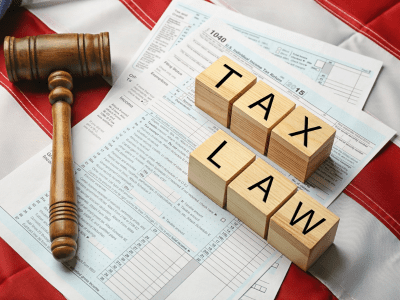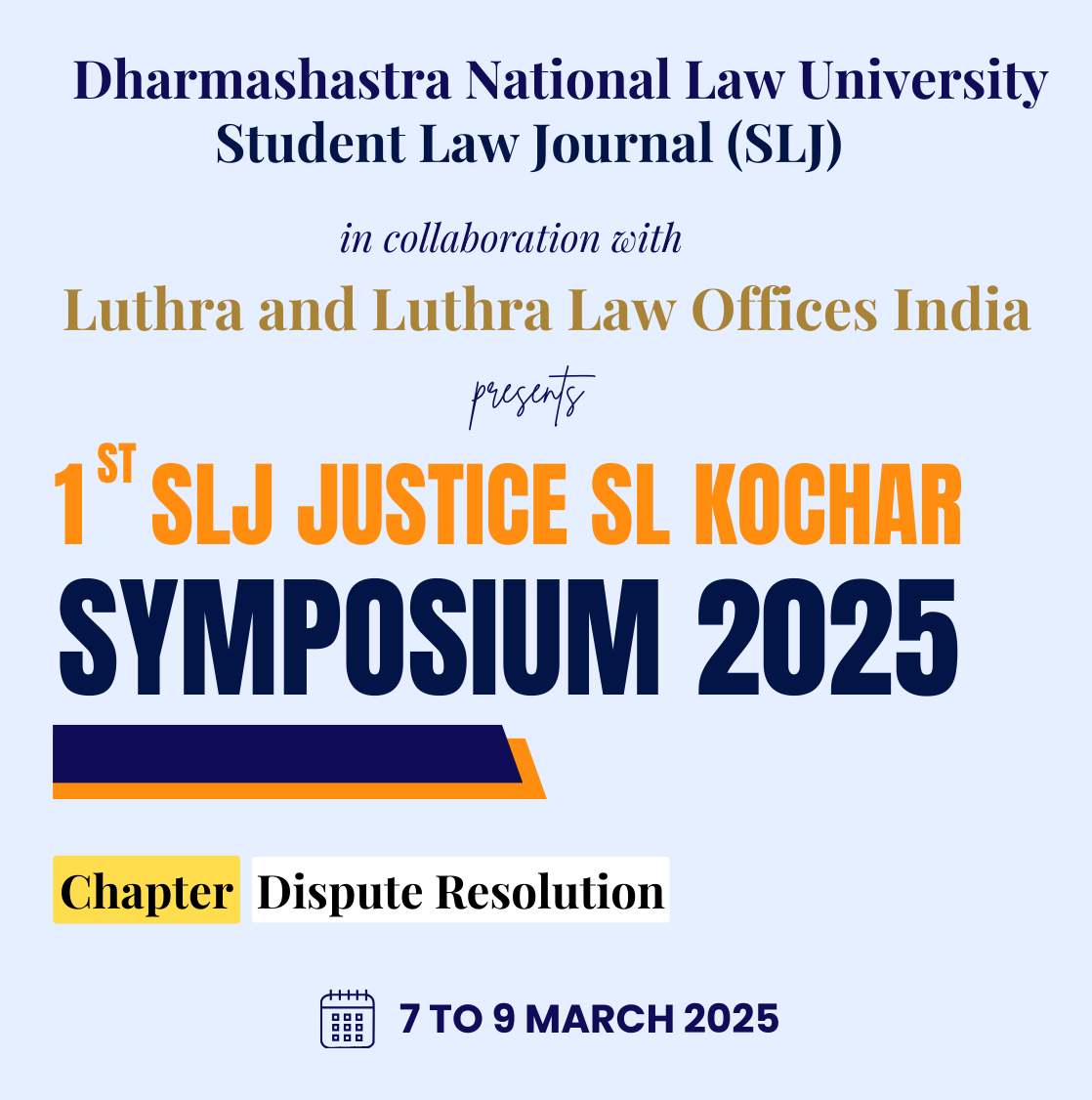EligibilityCandidates applying for the exam should be citizens of India.
Candidate should be practicing as advocates in India or should be qualified to be admitted as an advocate under the Advocates Act 1961.
Candidate should not be more than 32 years.
Exam PatternIt is a three stage examination:
(i) Preliminary Examination (Multiple Choice Objective Type)
(ii) Final Examination (Conventional Type – Written)
(iii) Personality Test
Preliminary Examination
The Preliminary Examination will consist of one paper of Objective Type consisting of 200 Multiple Choice Questions. The paper will carry 200 marks and will be of 2(1/2) hours duration.
The Standard of the paper will be of the level of knowledge as expected of a graduate in Law of a recognized University.
The paper will include questions covering the following fields of knowledge :
English Composition 30 marks
General Knowledge, Current Affairs and Test of Reasoning 40 marks
Indian Constitution 20 marks
Law of Contracts and Torts 20 marks
Laws of Evidence 20 marks
Civil Procedure Code 20 marks
Criminal Procedure Code and Indian Penal Code 20 marks
Personal Law 10 marks
Law of Limitation 20 marks
Questions on English Composition will cover:
Synonyms
Antonyms
Idioms and phrases
Vocabulary test
Phrasal verbs
Same words bearing more than one meaning
Use of appropriate and qualifying words etc.
Final Examination
The Final examination will consist of eight compulsory papers and three papers on optional subjects to be chosen by the candidates from the list of Optional Subjects. Each compulsory and Optional paper will carry 100 marks and will be of three hours’ duration.
Compulsory Papers:
English Composition, Essay and Précis writing
Bengali / Hindi / Urdu / Nepali Composition, Essay and Translation from English into Bengali / Hindi / Urdu / Nepali
General Knowledge and Current Affairs
Civil Procedure Code
Criminal Procedure Code and Indian Penal Code
Indian Evidence Act
Law of Contracts and Torts
Transfer of Property Act.
Optional Papers
Hindu Law
Muhammadan Law
Jurisprudence and Principles of Legislation
Indian Law relating to Companies and Insurance
Principles of Equity including the Law of Trusts and Specific Relief
Partnership Act
Law of Limitation and Law of Prescription
The Indian Constitution and Constitutional Law.
Personality Test (100 marks)
The final merit list will be prepared on the basis of total marks obtained in the Final Examination and the Personality Test.



![Jamia Hamdard Mediation Competition 2025 at School of Law, HILSR [21st February 2025]](https://ourlegalworld.com/wp-content/uploads/2024/12/Screenshot-11-min-1.png)



